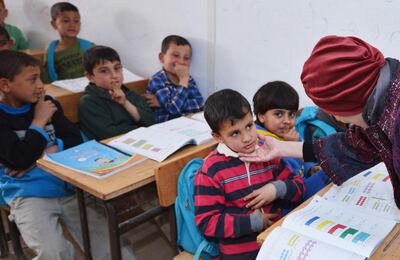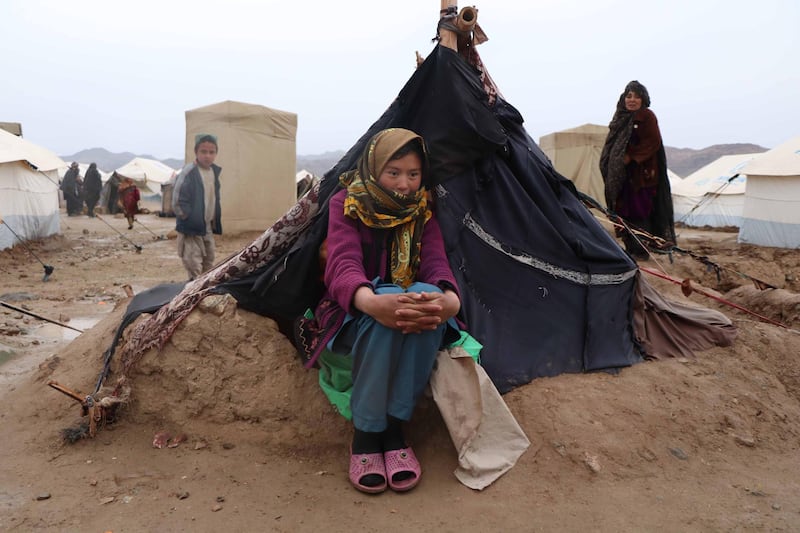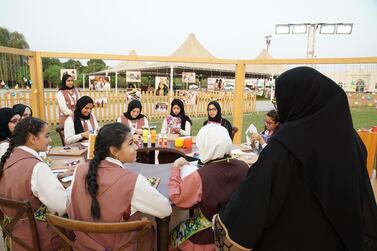The number of people fleeing war and persecution touched 70 million last year - the highest level seen in about 70 years.
Close to half of those displaced were children, often forced to flee violence or persecution in war-torn countries such as Syria and Afghanistan.
Now - to mark World Refugee Day on Thursday - a UAE royal has called for renewed efforts to help these people.
Sheikha Jawaher bint Mohammed Al Qasimi, wife of the Ruler of Sharjah, said it was extremism that caused much of the suffering in the world and narrow ideologies must be confronted to stop those displaced from embracing extremism.
“The lack of access to education and life’s basic necessities, deplorable living conditions with no opportunities for employment or a secure future, are all conditions in which extremist ideologies breed," she said.
"By not offering our displaced children these life’s basics, by not taking the actions required to integrate them back into society ... we are leaving them with limited opportunities - one among them being walking on the path of extremism."

At least two thirds of all refugees came from Syria, Afghanistan, South Sudan, Myanmar and Somalia. War-ravaged Syria had a higher number than any other country with 6.7 million. Many more are internally displaced or seeking asylum in other countries.
Sheikha Jawaher, who acts as an advocate for the UN Refugee Agency, said it was also important to make asylum seekers feel at home while also taking into consideration the needs of citizens in host countries.
“We also need to bolster our support to host countries so they can secure the interests of their own as well as those they have taken in with compassion.
“We need our leadership to adopt carefully-crafted strategies that make asylum seekers feel at home, while ensure that citizens do not feel threatened about losing their jobs or worry about sacrificing their claim to national resources.”
Sheikha Jawaher regularly speaks out humanitarian issues. Just last year she called for an end to the global epidemic of child labour.







